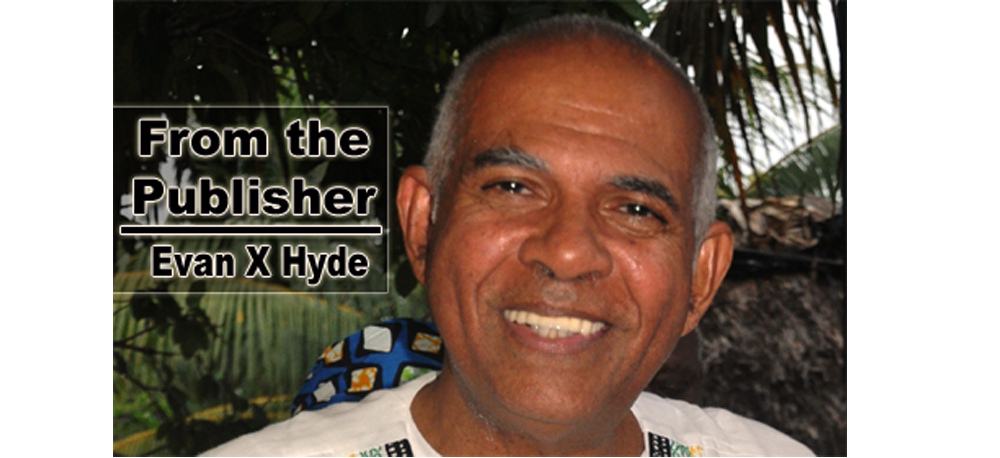In March of 1961, the colony of British Honduras held its first national election under a new Ministerial constitution. (British Honduras became self-governing in 1964.) The People’s United Party (PUP) won all 18 seats in the new House of Representatives.
Ever since then, this country has practiced a form of parliamentary democracy which is bastardized, so to speak. For parliamentary democracy to be perfected, again so to speak, the persons in the Cabinet, or executive section of the democracy, must be fewer in number than the non-Cabinet members of the House of Representatives, who constitute what we call the legislature.
Even when the margin of the ruling party’s majority is very narrow, such as the PUP’s 16-14 majority in 1989 and the United Democratic Party’s (UDP) 16-13 majority in 1993, the Prime Ministers of Belize have always made sure that no alliance of the non-Cabinet area representatives can take place with the Opposition area representatives to outnumber the Cabinet, in order to reject any piece of legislation and send it back to Cabinet. In other words, there has never been a functional group of so-called backbenchers in the Belize House of Representatives.
At the beginning of the 1998 PUP government, there was a reform movement amongst influential and informed Belizeans which was pushing for an elected Senate. Strictly speaking, such an elected Senate was to have the power to reject a bill and send it back to the House.
Such an elected Senate was never introduced into Belize, but at some point a Senate system was established wherein the ruling party appointed the majority of a Senate, but the Opposition party’s appointments could cast a majority vote with the support of the Senators appointed by the churches, the unions, the Chamber of Commerce, and the Non-Government Organizations (NGO’s).
Personally, I have never paid a great deal of attention to the shenanigans involving the discussions about the Senate initiative. I feel that I have been negligent on this score, and my excuse was that the important thing was always to embrace the righteous backbencher aspect of the parliamentary democracy system.
So that, I had to do some consultation before writing this column, because I thought I had heard somewhere that the present Senate, comprised of 13 Belizeans, has in fact sent back a bill to the present House, not to the Cabinet. (The present Senate includes 6 PUP-appointed Senators, 3 UDP-appointed Senators, and Senators from the churches, the unions, the Chamber, and the NGO’s.)
The key thing is that our present Senate cannot send a financial bill back to the House. Now then, it is the case that government (political power) is all about money, or the power of taxation over the citizenry. If you can’t question the money, then you are more cosmetic than powerful. That is why the backbencher system would be more of a check upon the Cabinet. Or, at least, that is what I believe.
The parliamentary system we have in Belize came from the British, who developed it in the first half of the seventeenth century. In Great Britain, the parliament became so powerful that they beheaded a king in 1649. Kings and queens had ruled Britain for centuries, but today the king is only a figurehead. The power in Britain rests in the House of Commons and its Prime Minister, but the backbencher system is in place so that the Prime Minister and his Cabinet can be checked.
In Belize today, not only has there never been a backbencher system in place, but presently there is absolute chaos amongst the five elected Opposition area representatives. One UDP area rep has never attended a House meeting since being elected four years ago, and there are two UDP area reps who are quarrelling for leadership on a public stage. At this point, not only does Belize not possess the important backbencher system, but we also do not have a really functional Opposition.
The upshot of this situation is that Belize cannot be considered a parliamentary democracy. You may even say that it never was, a parliamentary democracy, that is, because there have never been backbenchers. But today, November 11, 2024, we do not have an organized, cohesive Opposition, so all we have is a lot of noise in the broadcast and social media.
This is not good. Somewhere, it is said, there are people who are supposed to be preparing a new constitution for Belize. Interesting, beloved, interesting.

